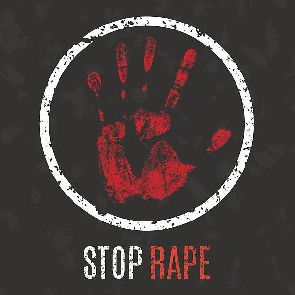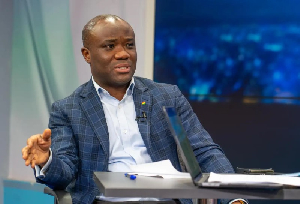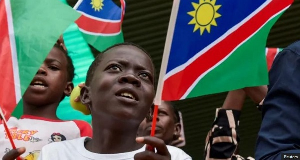Advocates and development partners have called on the government to develop bylaws to enforce, prohibit and sanction perpetrators of sexual exploitation against girls as a matter of urgency.
The Commonwealth Foundation held its fifth edition of critical conversations on February 24 on the theme, ‘Equality and Justice in Covid-19 Responses”.
The event which convened thousands of journalists, academics and civil society experts unearthed the need for Covid-19 responses to be more sensitive to differentiated needs. It also urged governments to be more inclusive in formulating policies that will support long term responses during pandemics.
During the forum, it was determined that the Covid-19 Pandemic has erased advances inequality across West Africa.
It is worth noting that although no country in the world has achieved equality of the sexes, in the last 25 years, after Beijing 1995 specifically, there has been an awakening that has triggered policies and developments contracts which have engineered critical advances in achieving equality.
More recent among these have been development goals like the Sustainable Development Goals (SDGs), which aim for the heart of equality by 2030.
Due to uneven impacts of the pandemic, and generic boiler-plate responses, the world now risks being set back many years.
The unfortunate impact of Covid-19 beyond the health impact on all nations is the deepening of inequality of the sexes and the erosion of critical gains chalked in 25 years.
The Ghanaian Story
In Ghana, of critical focus is the inaccessibility to medical care which led to an erosion of sexual and reproductive rights. Rural girls were the worse hit.
Teenage and unwanted pregnancies spiked during lockdown further increasing school dropouts and setting back gains in equal education.
Teenage pregnancy has been established to further alienate girls from their dreams and lead to an even greater economic and educational divide between girls and boys.
For example, in the Krachi West area, World vision reported that during COVID-19, there was an almost nine-fold rise in teen pregnancy just between March and May 2020.
51 children had reported pregnant in the short period as compared to just six cases recorded in all of 2018.
The majority of these pregnancies came because of the restrictions instituted by the government as a preventive measure to stop the infection and spread of COVID-19. In Ghana, the challenges confronting girls who want to continue schooling after having babies, are dire.
Other direct effects on women was an increase in domestic abuse, and more care work for women and girls led girls to drop out of school and get married instead. Women and girls who were locked in with domestic abusers had no tangible leverage and no innovative state interventions beyond some shelters organized by civil society.
A few domestic violence shelters sponsored by development agencies sprung up in support of women but these were in retrospect, and did not focus much on rural persons. Leaving rural women further isolated in responses. Most Covid-19 communication did not factor in the locals and people with no elitist internet/ television access.
These fallouts cannot continue to be last minute realizations. The world has had experience from both Ebola and Covid-19 and must address fallouts ahead of occurrence.
Policy should be more informed and processed beyond political actors to include civil society, development partners and women most importantly.
The inclusion of women is the lens that picks up woman-focused repercussions and solves them before they occur.
It is important to develop byelaws that deter child sexual predators.
Although girls can consent to sex at 16 years, these girls are not recognized as adults yet and are not even old enough to marry under law.
In Ghana, there is no urgent enforcement of laws against men who impregnate girls. This entrenches violator impunity.
Advocates, development partners and authorities are calling on government to develop byelaws to enforce, prohibit and sanction perpetrators of sexual exploitation or abuse against girls as a matter of urgency.
Crime & Punishment of Monday, 1 March 2021
Source: 3news.com

















